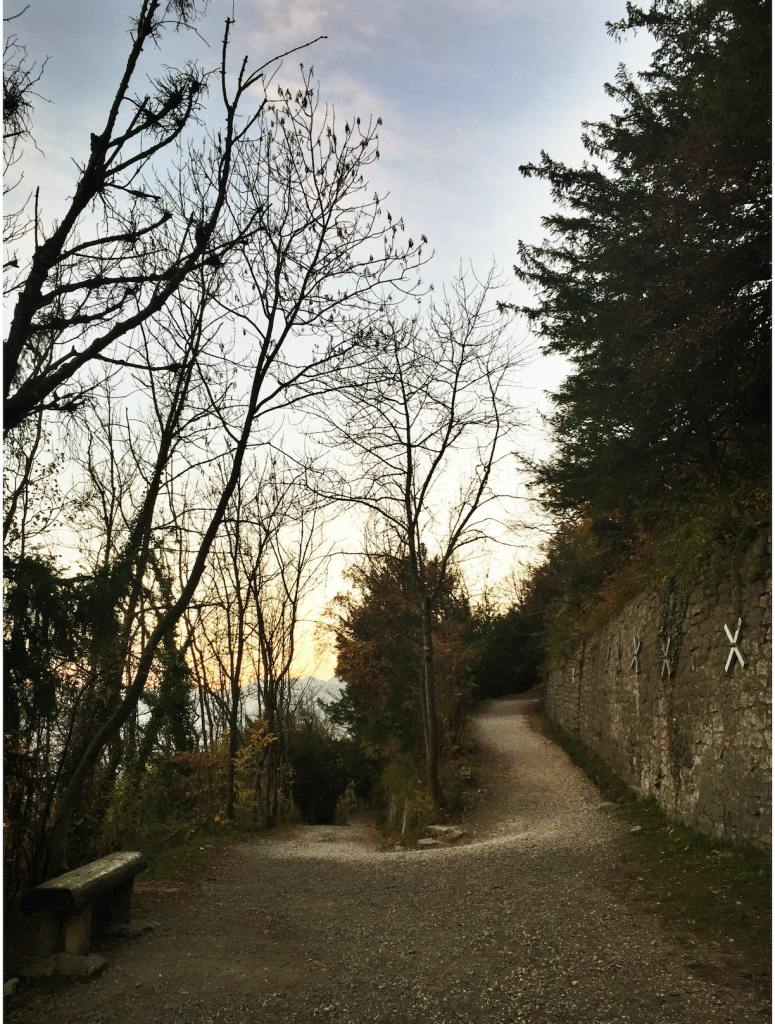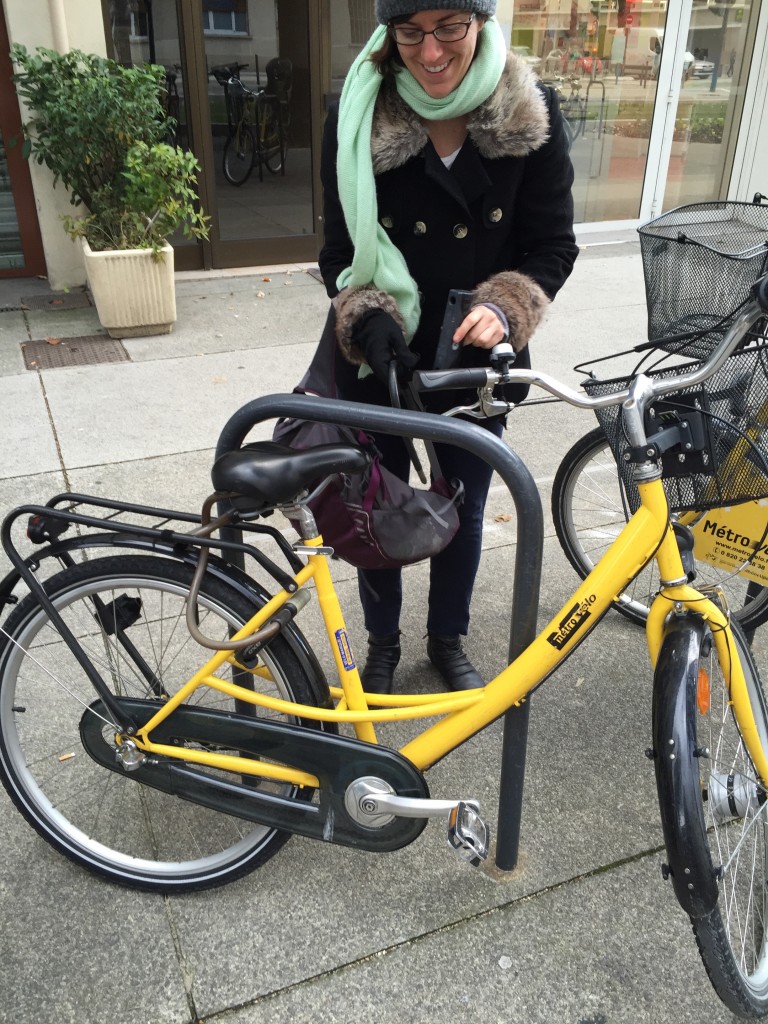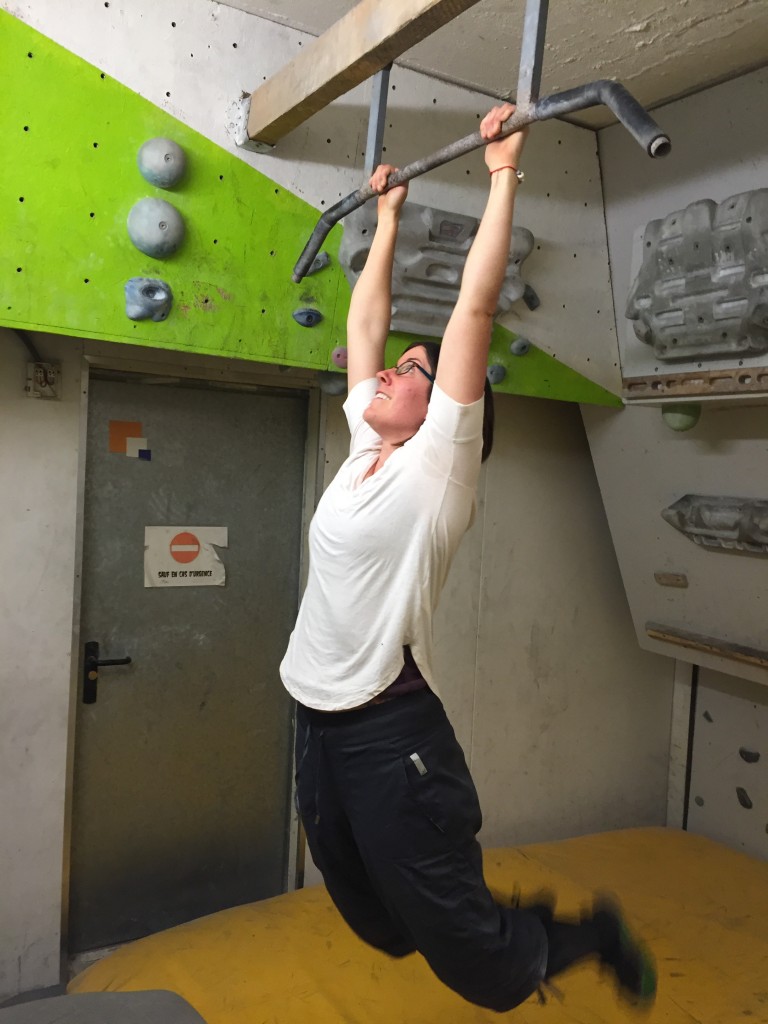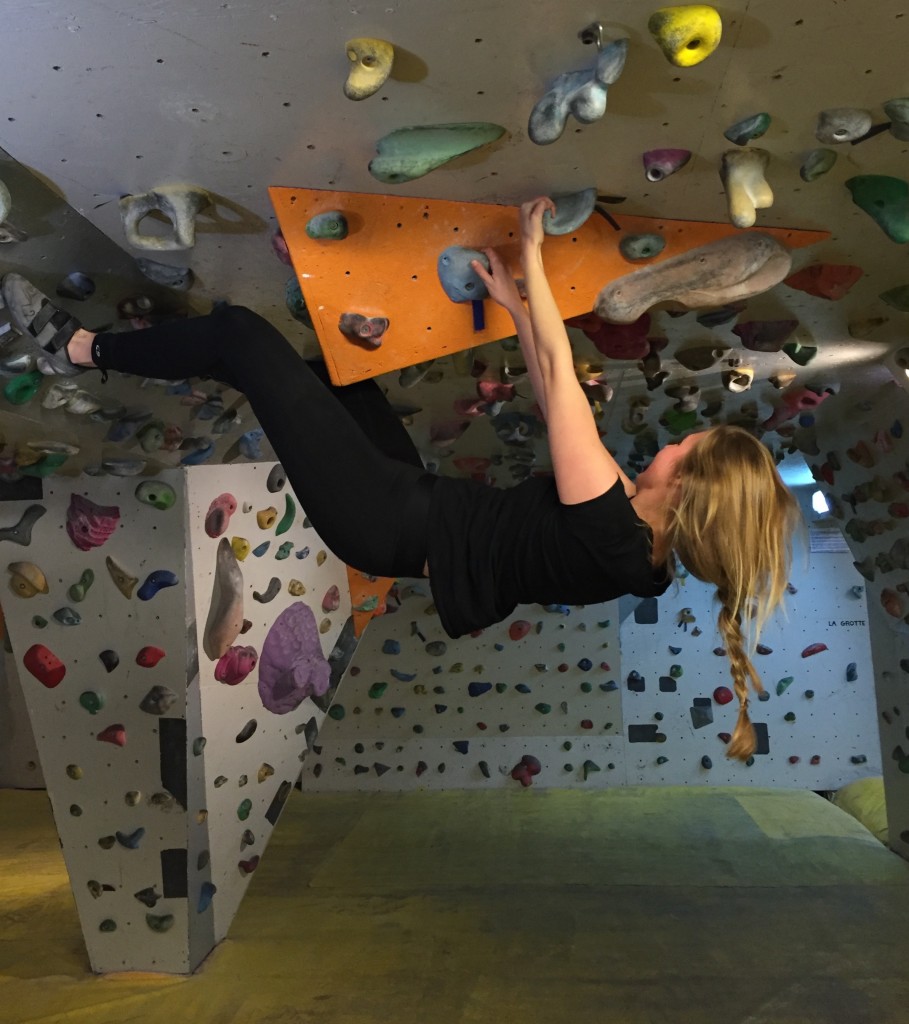Whether it be the croissants, the tapas, or the jiǎo zi, we all know that the cuisines we discover while studying abroad have the potential to, uh -- alter our appearance. Pair food with a lack of knowledge of the ins and outs of a new city, and it can be frustrating to keep your pants fitting properly. But no need to panic for the age of the internet is here! Finding the outlets for fitness overseas takes a little investigating; with the help of my friends, I’ve compiled some tips for staying active in your host country. Though pieces of this edition are French Alps-specific, students will find the proceedings relatively universal.
You’ve heard about the recommended 10,000 steps a day, right? Though I can’t speak for locations outside of Europe, cities within the EU are certainly ped-friendly, sometimes even ped-mandatory. When I first arrived in the French Alps, I tried to walk wherever I needed to go. Not only did this help me reach the daily step goal (some days logging up to 20 Kilometers), it helped me improve my mental map of the city. The same goes for running. Grenoble has a plethora of public parks, jogging trails –including those up and down from the bastille– and an Olympic stadium with a large track; all of which can be found with a simple search on Google maps.
 |
| The trail up to the Bastille, one of Grenoble's many running paths. |
Bikes are another mode of both transportation and exercise. European cities tend to host an excess of bike racks and lanes on the main streets. Our University, Stendhal 3, rents bikes to students on a month-to-month, or semester-long basis. Alternatively, my friend Rebecca was able to rent a bike from the GARE (the train station) for just €120 in a down deposit (returned at the same time the bike is) and €35/trimester. The bikes come equipped with a built-in lock and basket.
 |
| Rebecca and her GARE bike. |
For students who enjoy more interactive activities, many classes or recreation centers can be located online. Rebecca meets with a Parkour group (found on Facebook by searching “Grenoble Parkour”), multiple times a week, either at the local Olympic park or at the gymnastics gym. Climbing facilities are similarly easy to locate, especially here in the Alps. Our favorite venue is a short walk from the tram stop and can be accessed on a day-to-day or semester-long basis for €6.50/pass, or €90/pass, respectively. Fitness classes are abundant, but should be searched for ahead of time (Google or Facebook), as students will usually need to sign up in advance. For international students interested in participating in an intramural team, signup sheets are located in the University Sports Forum. Students should plan to obtain a Doctor’s note beforehand (easy with the help of their programme director).
 |
| Rebecca working on her pull-ups (three sets of ten isn't bad, huh?). |
 |
| Emily bouldering in the warm-up room. |
Finally, the French-Alps provide incredible opportunities for those who love outdoor sports. Grenoble is home to a huge range of climbing and hiking routes, specific to the surrounding mountain ranges; these can be accessed by bus, or by making an appointment with tour groups. Groups of five or more can explore the Caves of Sassenage for a few hours on any given day or try the Acrobastille – a sort of ropes course located at the top of the Bastille. Last but not least, the cold months in the Alps might be perceived as the preferable ones, as skiing and snowboarding locations surround the city on all sides. Special day passes are available for students and buses route directly from the GARE and from campus.
Staying active on your trip provides a buffet of benefits ranging from quick ways to meet new people, to improved mental and physical health; all valuable contributions to a positive experience while abroad.
**Special thanks to Rebecca McCarthy, Chica Portalanza, and Jess Mateychuk for their insight and experiences here in the French Alps.**
Emily Milton is the Fall '15 CEA MOJO Blogger in the French Alps, France. She is currently a senior at Iowa State University.










